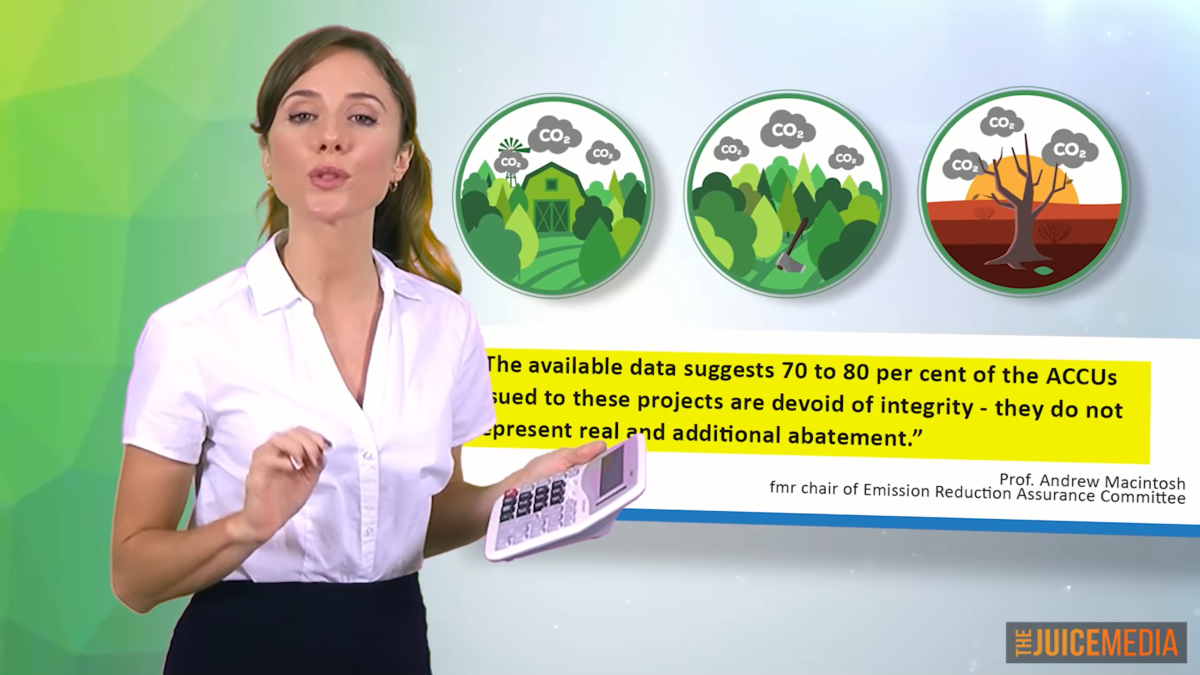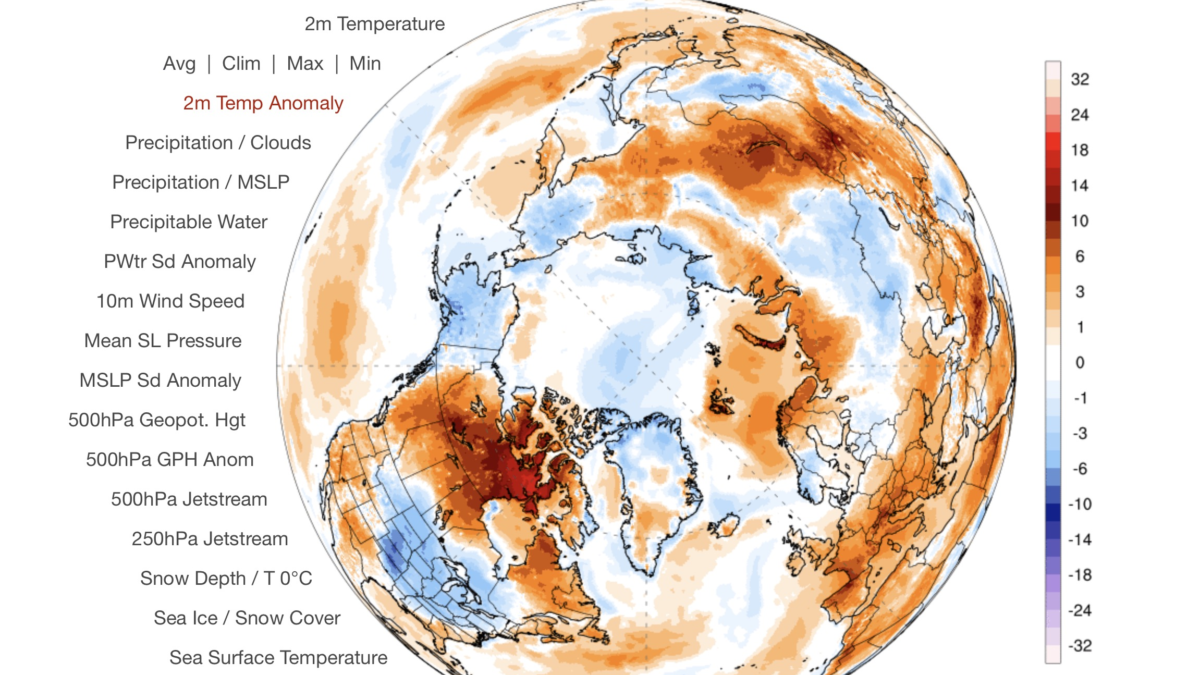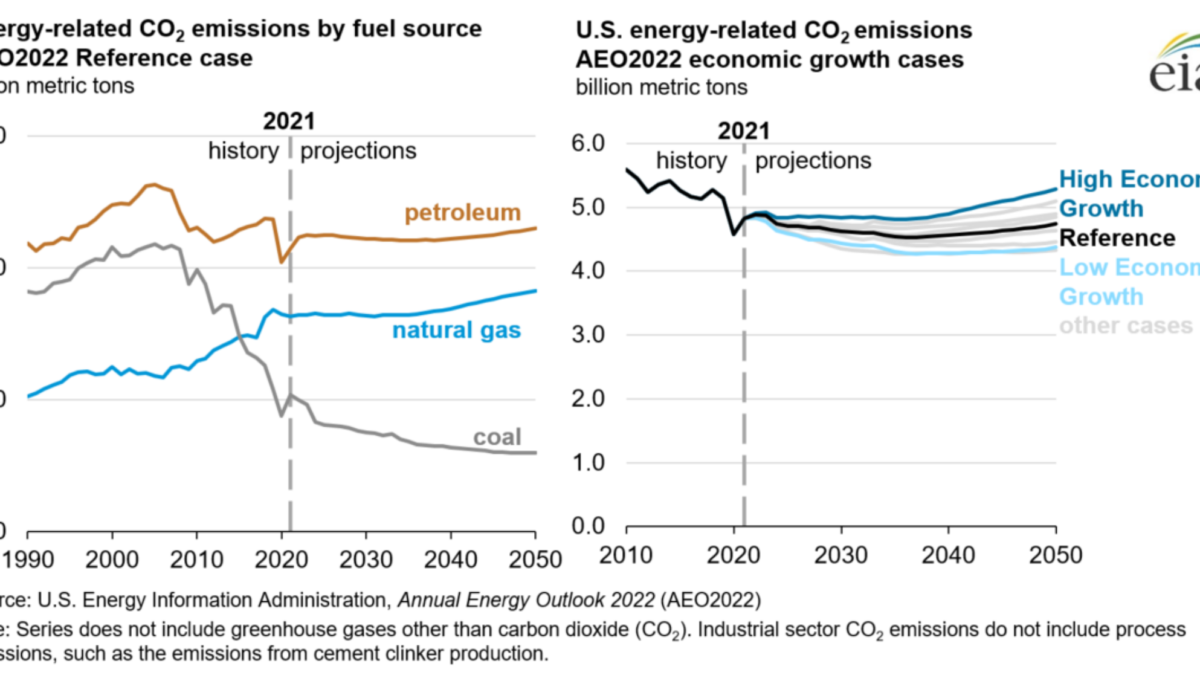Climate change isn’t a top issue for Democrats or Republicans. Record heat should change that.

By Clifford Young
15 July 2023
(USA TODAY) – Extreme weather events are on the rise. States across the south-central and western U.S. are roasting. New York to New England is dealing with catastrophic floods. After years of drought, California went the opposite way and experienced one of the wettest winters in decades. And the across the country, smoke drifting down from vast uncontrolled wildfires in Canada are casting a literal pall over many Americans’ summer plans.
July 6 saw the hottest day on record for the entire world, the last in a string of four record-setting days. Climate scientists say we are at the environmental tipping point – the point of no return. Public opinion polls show a supermajority of Americans are concerned about the environmental emergency.
So why isn’t climate change the central focus of government efforts? Why isn’t more being done?

It’s because, for most Americans, climate change is simply not the most important problem facing the nation. It’s not even in the top three. When you ask Americans their single top concern, climate ranks lower than the economy, crime and immigration. Climate change is at about the same level as other second- or third-tier concerns such as inequality, health care or morality.
While in earlier generations, public officials might have set aside fierce contemporary debates to focus on more existential matters, today’s politicians intuitively follow what I call the “85% rule”: This analytical rule of thumb suggests that the presidential candidate who is most trusted on the biggest political issue of the day wins the election 85% of the time. Think Bill Clinton and “it’s the economy” in 1996, George W. Bush and national security in 2004, or Joe Biden and COVID-19 in 2020.
Simply put, being “right” on climate change still does not decide elections, so we are unlikely to see politicians spending much effort on the issue.
Are we doomed to slowly roast while government does nothing? Not necessarily. [more]
Climate change isn’t a top issue for Democrats or Republicans. Record heat should change that.


